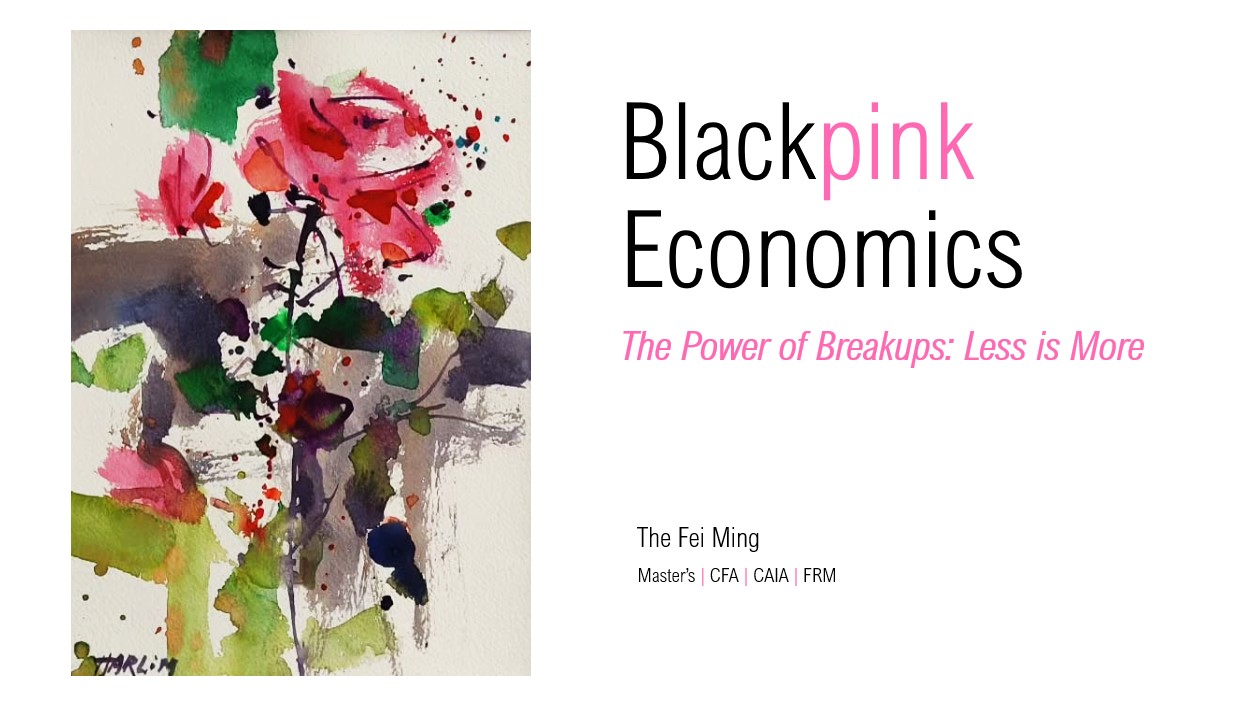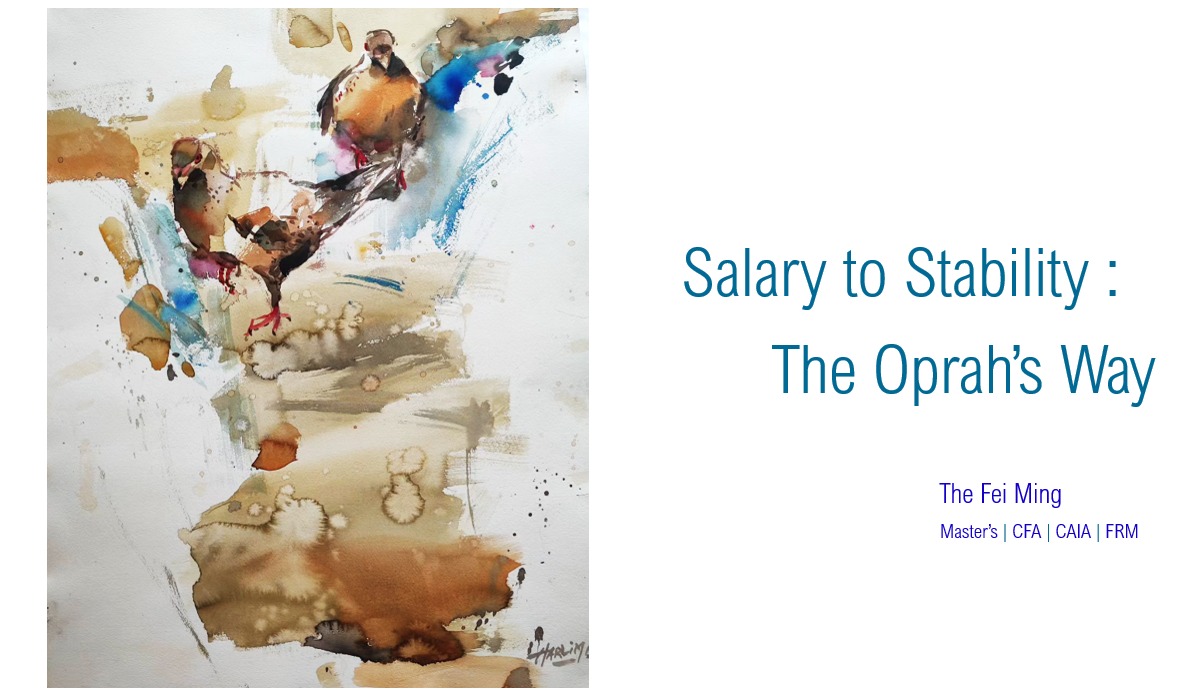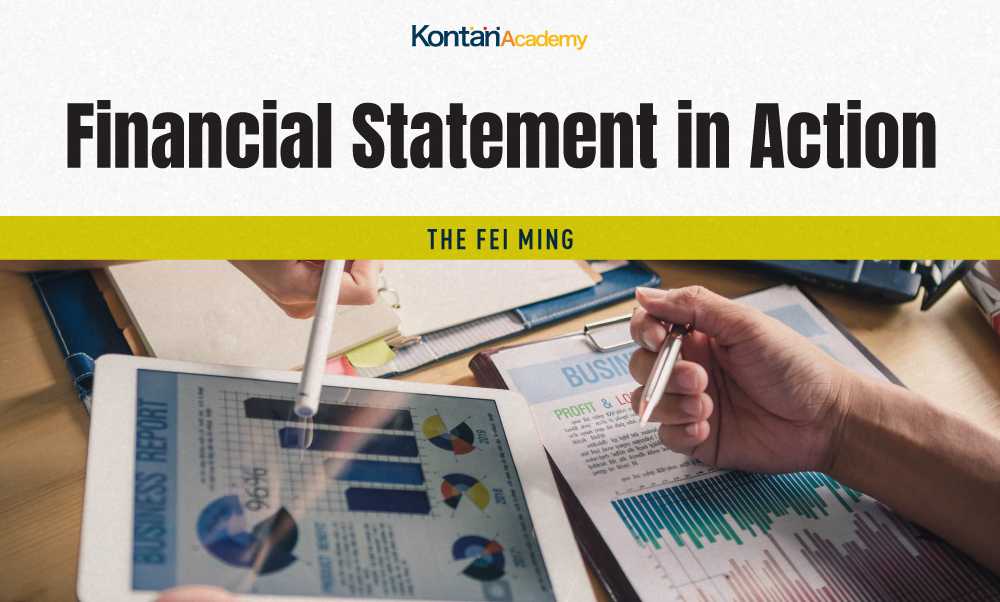Blackpink Economics | The Power of Breakups: Less is More

Anyone who has gone through a breakup knows the feeling — it isn’t just losing a person, it’s losing a part of yourself. Denial, anger, bargaining, depression, acceptance — the grief cycle is brutally real. Scorpios and Leos suffer most; emotion mixed with ego is combustible. Worse is the silent downward spiral of catastrophic thinking.
NBA center Andre Drummond stepped off the court, not from injury but emotional exhaustion. Delonte West — once LeBron’s teammate — is now homeless, defeated not by opponents but by bipolar disorder and addiction. Michael Phelps (23 golds) and Naomi Osaka (4 Grand Slams) — both icons — have publicly struggled with mental collapse. Panic, burnout, sleepless nights — they’re not weakness, they’re warning signs.
Breakups and divorce remain among the top triggers of depression. Millennials heal; adults litigate. Before any legal filing, more than 70% of couples go through emotional divorce — a quiet termination of feelings while living in “business as usual” mode. Cheating, character change, intimacy deficit, endless arguments — emotional detachment becomes operational discipline.
Blackpink — The Power of Subtraction. Value is often created by reduction. Blackpink originally had nine members: Jennie, Jisoo, Lisa, Rosé, Miyeon, Jang Hanna, Jinny Park, Euna Kim, and Cho Mi-yeon.
YG Entertainment intentionally trimmed the group to four, believing focus beats size. The five who left later re-emerged in other bands — and the remaining four became the first K-pop girl group to reach #1 on the Billboard 200. Sometimes, subtraction doesn’t destroy value — it amplifies it.
Corporate Breakups — Less Is More. Michael Klein sold his boutique to Credit Suisse for $175M to form CS First Boston and became its CEO. UBS later stepped in and terminated the deal. Lesson: breakups happen even in boardrooms.
Spin-offs, split-offs, carve-outs — these are the corporate equivalents of emotional divorce. They realign focus, unlock hidden value and remove friction.
Alibaba (BABA) once commanded an $800Bn market cap. Then came the failed Ant IPO, a $2.75Bn antitrust fine, and regulatory headwinds — wiping out 70% of its value. Daniel Zhang responded not with consolidation but fragmentation — splitting Alibaba into six separate business units (Cloud, Shopping, Services, Logistics, Digital Commerce, Entertainment). Transparency increased. Accountability improved. Post-announcement, the stock jumped 14%.
Valuation textbooks say the whole is worth more than the sum of its parts — but in Alibaba’s case, the parts are worth more than the whole.
Your Own Spin-Off. If you’re stuck in an unhealthy relationship, stagnant job, or exhausted business — consider the Blackpink Economics. Break up. Trim the excess. Rediscover focus. Sometimes the best strategy is not building more, but letting go.
Choose clarity. Choose courage. And above all — choose value.





